
The struggles trans kids face in Australia

YOUNG Australians can find support in many environments: at home, in the classroom, by wider society, in the media.
But for trans and gender diverse youth, these environments are often public battlegrounds on which their rights and identities are less a matter of fact, and more a matter of debate.
When parents first realise their child is trans they often don’t have a 101 manual to guide them through it.
This is why a number of parents are currently paving the road to acceptance for future generations of trans youth.
♦♦♦
JACK had been exhibiting signs of gender dysphoria from the age of two and wouldn’t even be toilet trained unless he wore ‘boy’ underwear, but a nurse had told his parents it was just a phase.
His mother Sarah McFadyen said things got progressively worse until they caught him trying to cut off his own privates.
“In the way a small child would try to get rid of something if they didn’t like it,” she said.
“From there we slowly got on board and allowed him to pick his name and be a boy outside of the house.”
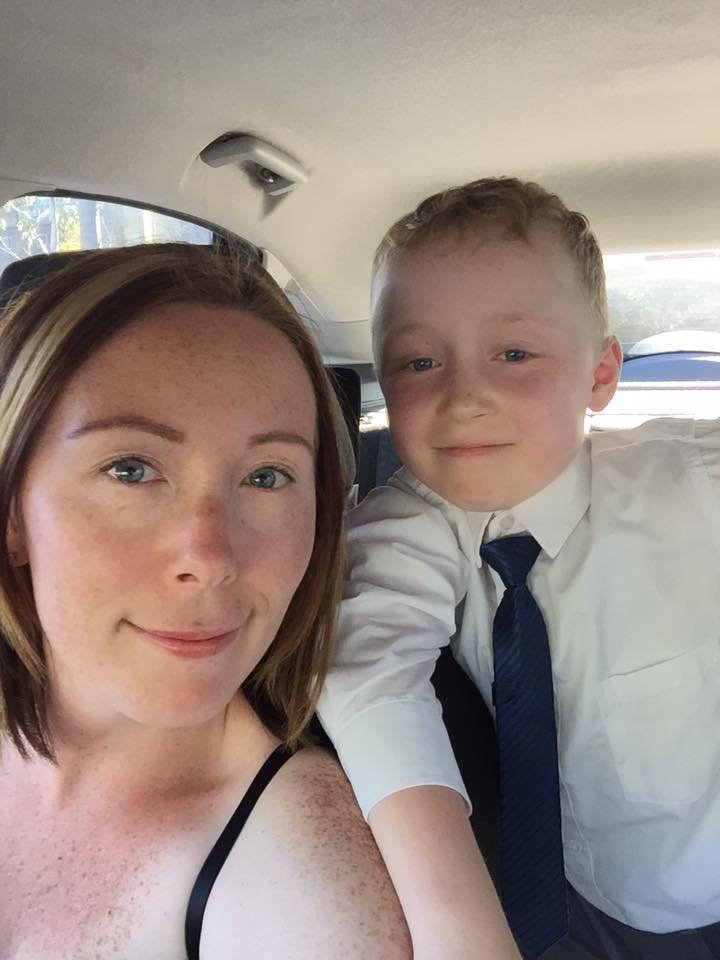
While he had the support of his parents, Jack’s social transition was met with hostility by a number of people.
When Jack would try to use the ‘boy’ bathrooms at school, other boys would block his path and stop him from using them, causing him to wet himself.
Her in-laws were also unsupportive of Jack’s trans identity.
“We don’t speak to my in-laws, they’ve flatly refused to accept it,” she said.
“It recently came to a head when they said until he’s an adult and has had bottom and top surgery, he’s our granddaughter and we’ll say what we like.”
Seven-year-old Jack said the acceptance and support of others helps a lot.
“It makes me happy because they love me,” he said.
“Some people don’t like that I am a boy and that’s okay, because I’m nice and handsome and they’re missing out.
“Some kids don’t understand how I am a boy and don’t have a penis. We should learn [in school] about kids like me and how sometimes you can have two mums or two dads and it’s all okie dokie.
“It would be nice if the toilets at school were for everyone and not just boys toilets and girls toilets.”
Currently in Australia, people under the age of 18 who wish to access Stage 2 Cross Hormone Treatment have to go to the Family Court, where roadblocks in the form of money, anxiety, and time can make it difficult or impossible to receive this treatment.
Sarah said the legislation around accessing this treatment needs to change.
“We need to pay very close attention to the mental health of these kids,” she said.
“I’ve often been asked, ‘well, what happens if he changes his mind or it’s just a phase?’
“My son will not be a suicide statistic because I didn’t support him.”
♦♦♦
WITH an affinity for The Little Mermaid and interests stereotypically reserved for girls, Evie’s parents had written her differences off as quirks from a young age.
Evie’s mother Meagan said she and her husband initially tried to ‘teach’ Evie how to be a boy.

“We had no idea about being transgender, all we knew was that she probably shouldn’t be dressing like a girl,” she said.
“So we put her in Auskick and cut her hair short, but we were constantly battling this kid, telling her to walk like a boy.
“She’d have these extreme outbursts where she was really unhappy about how she was.”
Meagan began to search online and came across a number of sites with the term ‘gender non-conforming,’ and while she believed this was how her daughter was identifying, she had a meltdown and quickly removed herself from the various groups and forums.
After seeing a doctor who explained the need to take boundaries away from Evie to avoid the risk of depression, Meagan began allowing her daughter to play with Barbies and to be herself.
“At one point Evie told me she’d rather be dead and in heaven living how she wants, with long hair as a woman,” she said.
“That was an eye opener for me – I thought, we’re doing this now.”
With a potential plebiscite on marriage equality looming after the next federal election, Meagan said parents need to start paving the way and help others to realise that Evie exists, along with those like her.
“All of my children are raised in the same house with the same morals and values, and yet one of them isn’t allow to marry, and that to me is disgusting,” she said.
Evie said the support of her parents has helped her feel safe.
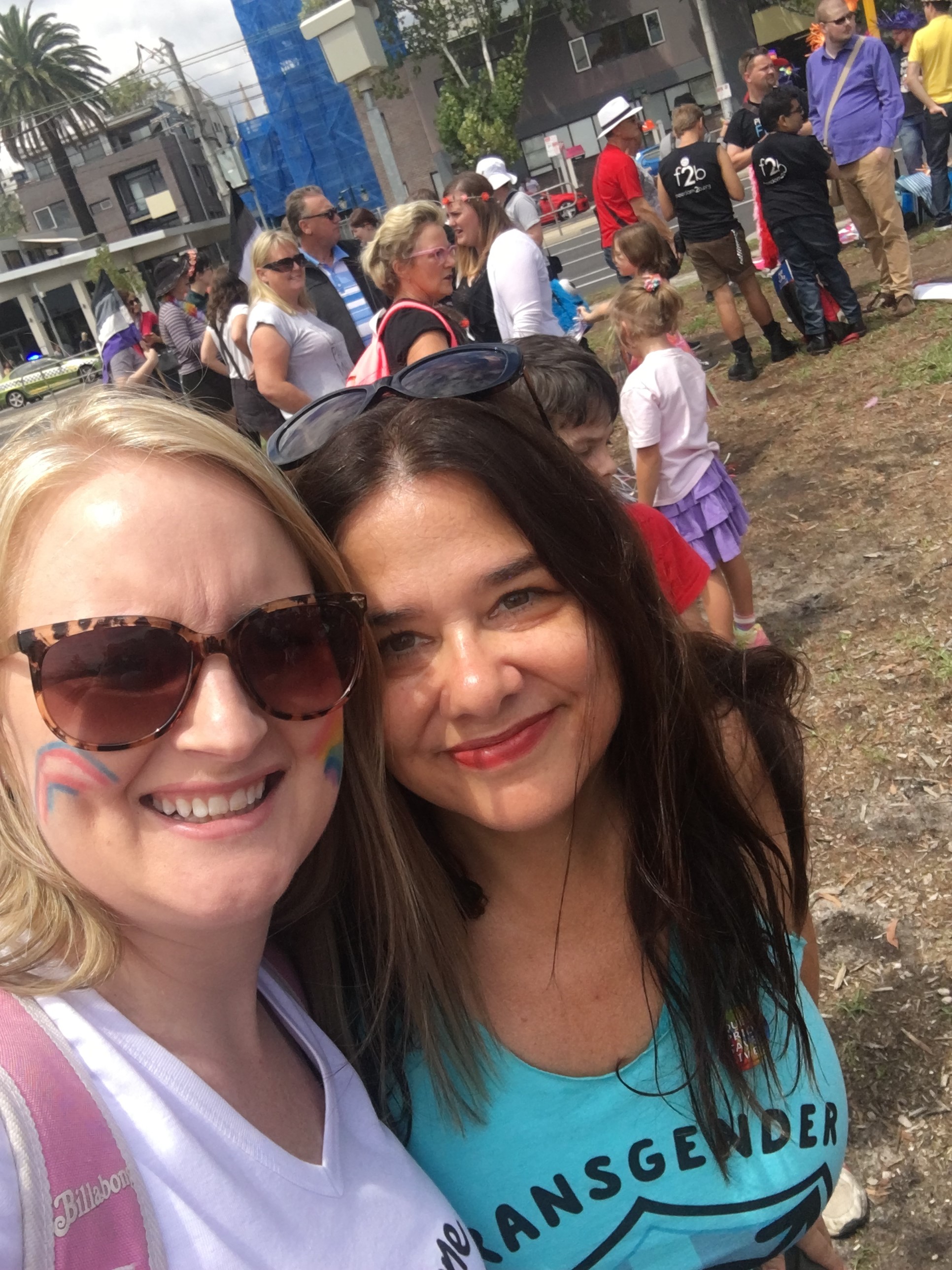
“In the beginning I thought that I was the only one that felt like this,” she said.
“Now I know that’s not true, there are millions of trans people in the world.
“It is really important to me that my parents support me because it makes me feel safe and loved.”
Meagan believes the difference between a trans child having a supportive family and school, and not having them, is the difference between life and death.
“When there’s an unsupportive environment you’re dealing with anxiety in children that think self-harm or death is the only way out – that’s not how it should be.”
♦♦♦
IT was when Jo Hirst’s then-six year old told her the doctors had made a mistake that she realised her son was trans.
While she believes it had probably been right in front of her eyes the entire time, she said he hadn’t been given the language to talk about it.
“We need to give kids the language about gender to express themselves, because mine didn’t,” she said.
“Some kids might say I was born in the wrong body, or they got it wrong in my tummy, but young children don’t really have the words for it.”
To equip them with these words, Jo recently wrote The Gender Fairy, a children’s book helping to raise awareness around the lives of trans and gender diverse children.
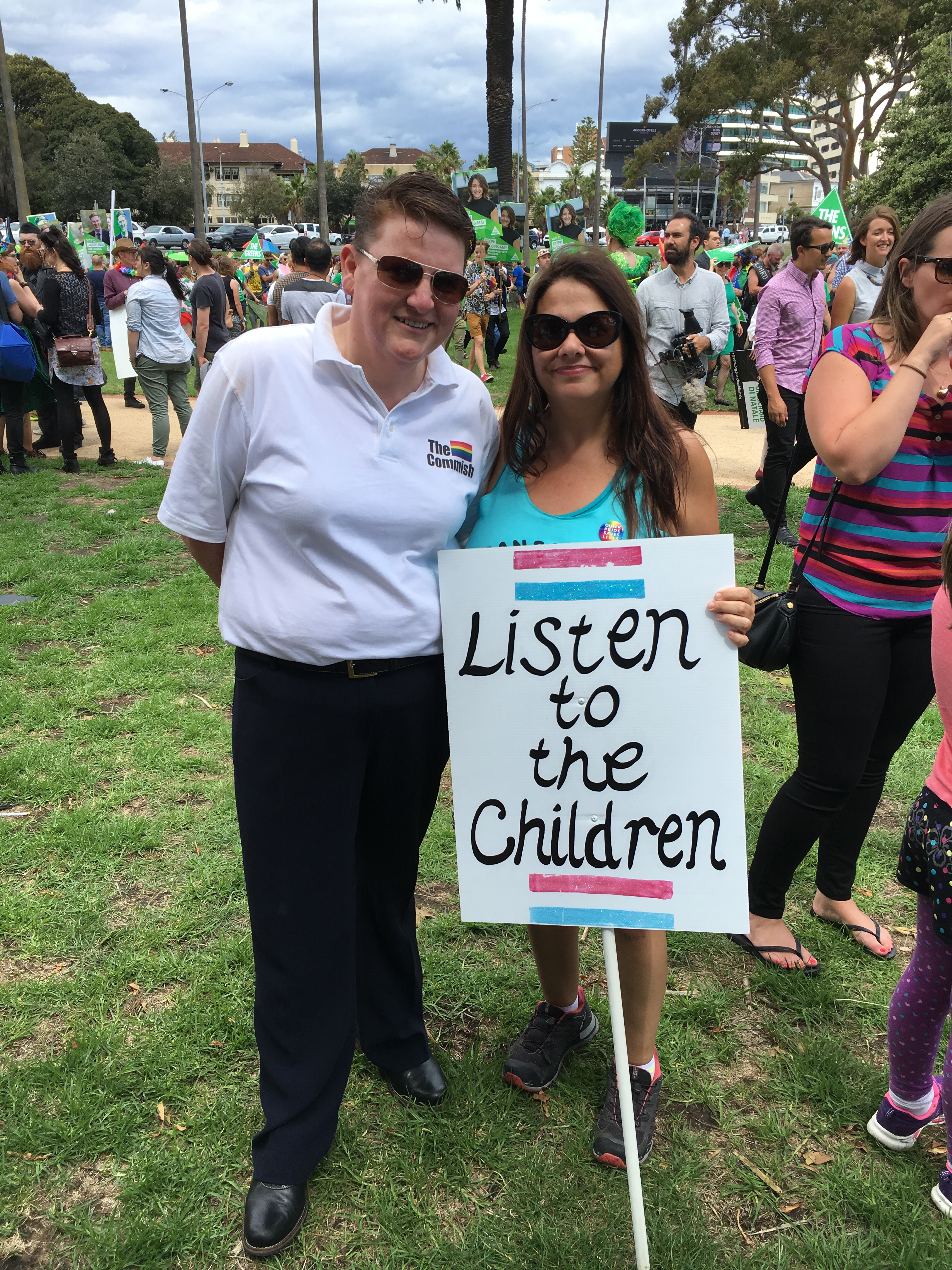
Jo’s son has also been working on his own secret project to help children understand trans and gender diverse identities.
He said he wants other children to know so they don’t ask questions like, “are you a boy or a girl?”
“It’s important for other children to learn so they don’t get confused and tease you,” he said.
Jo admits the visibility of trans children has risen immensely since her son made his social transition two years ago, and said he lives in a very accepting bubble without any knowledge of transphobia – yet.
With groups like the Australian Christian Lobby and politicians like Senator Cory Bernardi vocally condemning initiatives like the pro-LGBTI and inclusive Safe Schools program, Jo said trans and gender diverse awareness is critical now more than ever.
“There’s an increasing push to stop children throughout Australia getting an inclusive education and being included in schools,” she said.
“When you see injustice and it affects your own child, the tiger mother in you comes out.
“I’m planning to send [my son] to a school I already know has Safe Schools in place because that’s more important than academic achievement to me, for him to be happy and welcomed.”
Jo said while parents of trans children are on a steep learning curve from the start, she’s just been following her son’s lead and supporting him on his journey. He’s the one in charge.
“I get frustrated when people say ‘let children be children’,” she said.
“That’s what we’re trying to do.”
♦♦♦
AS a two-year-old Annabelle took huge pleasure in wearing a tutu that was bought for her from an op shop – something that prompted her father to take her shopping for dresses when she was little.
Her mother Sue Swinburne said she’d also dress up with other young girls in their regional Queensland neighbourhood.
“It was clear that it was really important to her, and we weren’t particularly fazed by it,” she said.
However, before she started primary school, friends of Annabelle’s older brother began coming out of class and asking him things like, “why’s your brother wearing a dress?”
“She was getting the message outside of our family that not everyone was cool with a boy wearing a dress,” Sue said.
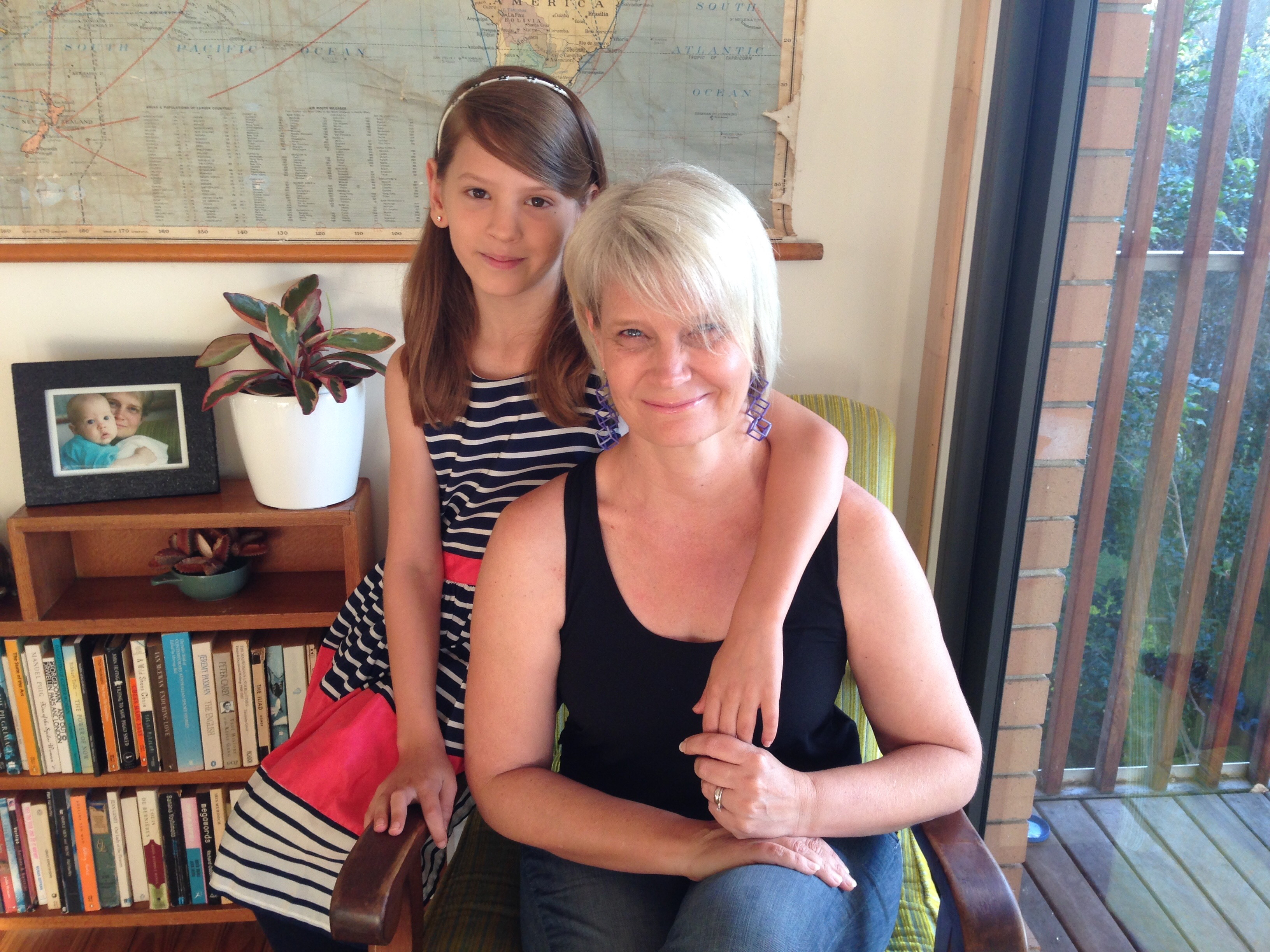
This caused Annabelle to become much more self-conscious, to the point where she stopped wearing ‘girl’s’ clothes by the time she commenced primary school.
She became increasingly shy and anxious, had trouble attending her school, and began to see a child psychologist.
Sue said her daughter’s epiphany came while watching a children’s BBC documentary about a 12-year-old trans boy.
“The minute the show was over she began referring to herself as trans and started asking us to use female pronouns,” she said.
Annabelle said her family and her school’s support have made a massive difference since transitioning.
“If my school wasn’t okay with me being Annabelle, I wouldn’t want to go to school,” she said.
“My family’s support helped me to feel brave, and to be myself.
“It’s really great if kids and schools understand what it means to be transgender… if they know more then maybe they’ll be more supportive, and see how important it is for trans kids to be able to be themselves.”
Sue believes it’s important for doctors and GPs to receive training in trans health care, to ensure trans people don’t have to seek out the sometimes inaccessible or costly specialist services.
“One of the really big challenges is for health services to meet the demands from the families of trans kids, and to keep up with us as awareness builds,” she said.
“More kids are having the opportunity to articulate their sense of self and it can be tough for health services to keep up with that demand.
“We also need training for health professionals more generally so that when kids present to their GPs and are looking for guidance, they know how to help trans people on every level.”
♦♦♦
DECIDING what to wear for kindergarten would provoke little battles between Karyn Walker and her daughter before she transitioned.
These would usually result in Karyn letting her wear a skirt over her regular clothes.
“One day she grew out of her pair of shoes and cried, saying she couldn’t wear them because they were boy’s shoes, and she wasn’t a boy,” she said.
“When you’ve got a four-year-old saying this it breaks your heart… so I stopped fighting with her and she slowly started wearing ‘girl’s’ clothes all the time.
“At the time her pronouns didn’t change and her name didn’t change, so it eased how challenging it may have been for her to transition in one go.”
A couple of eyebrows were raised, but the main resistance faced by Karyn’s daughter came from a handful of fathers at ballet practice.
“Dads would often take their kids to ballet practice on the weekends to give the mums a break,” she said.
“There I witnessed several dads ask her why she was dancing with the girls, and whether she was playing footy afterwards.
“They told her that she shouldn’t really be there. It wouldn’t bother her, she would just ask them what their problem was and say that she liked dancing, and that it wasn’t just for girls.”
When she decided to make the social transition, Karyn said the school that had previously been okay with the way her daughter dressed changed their tune.
“It was too much for them, they couldn’t do it,” she said.
“The principal said we’re not changing anything unless her birth certificate is changed.
“She can’t change her birth certificate unless she’s had gender reassignment surgery and she can’t do that until she’s 18.”
Since moving schools, Karyn’s daughter said it’s been a lot different.
“It makes me happy that I don’t have to be Elliott any more,” Karyn’s daughter said.
“It was good that my new school didn’t care that I wasn’t Elliott anymore, I’m just me.”
In March, North Carolina passed the now infamous and transphobic House Bill 2, which bans people from using public bathrooms that don’t correspond to their “biological sex”.
The bill has sparked a debate around the use of public restrooms, which are an everyday convenience taken for granted by many cisgender people, and an everyday struggle for many trans people.
Karyn said she hopes a similar debate doesn’t arrive here in Australia.
“I hope this whole trans bathroom business doesn’t come here, I hope we can remain above it” she said.
“The publicity and the tension that comes with it is harmful, and that worries me, especially for kids.
“When you’re a teenager it’s hard enough, so that stuff really scares me… I hope we can get the trans movement into a position where should this stuff arrive on our shores there’ll be a cohesive community to fight it.”
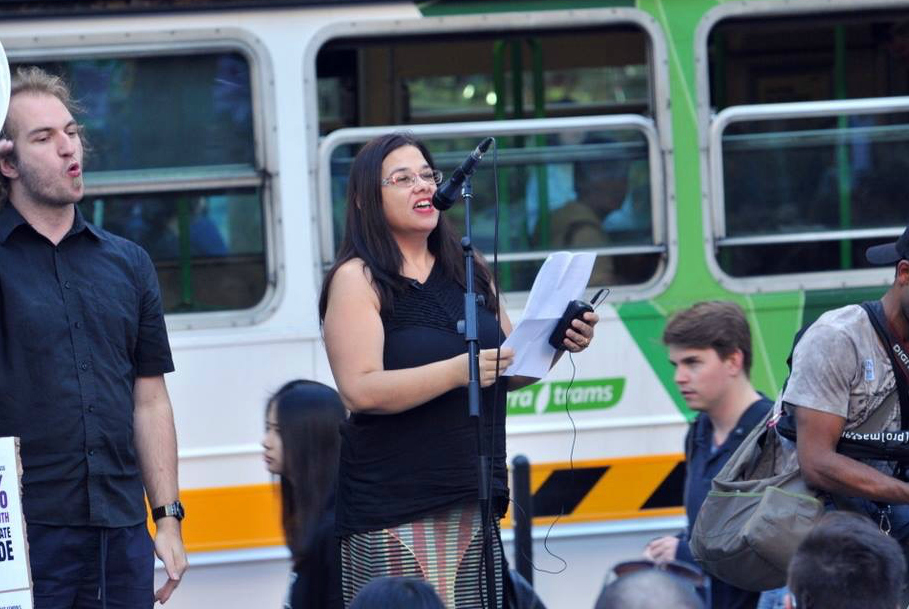




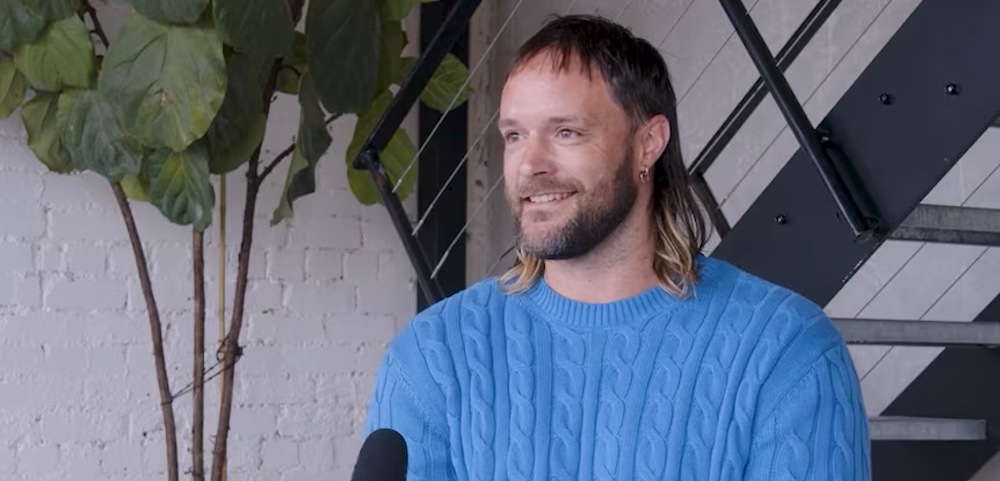
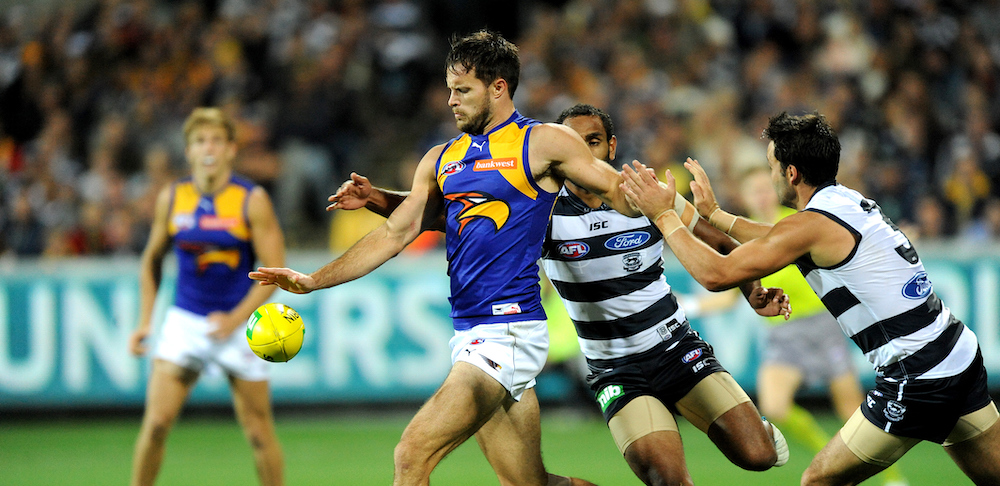
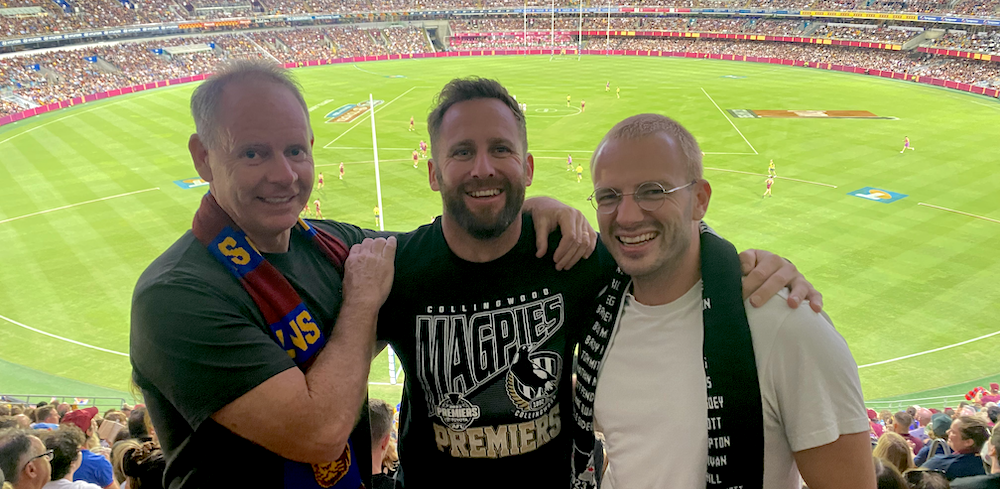

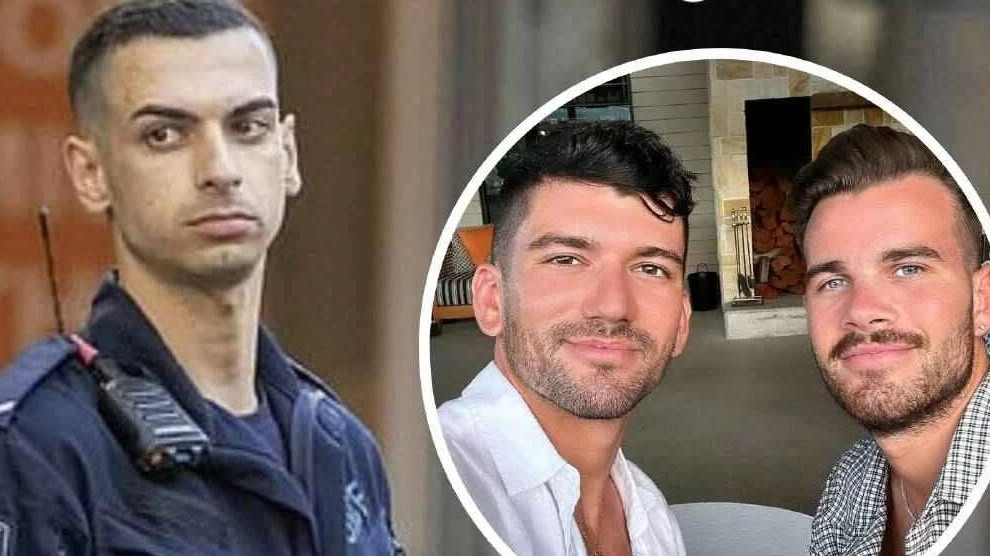

I think ACL and others are closely affiliated with factions in the US as a lot of anti-trans stuff seems to be appearing over here very spontaneously. I remember reading an article about Lyle Shelton travelling to the US to interview Walt Heyer, of “the TransgenderRegret website” fame. It will happen here I’m quite sure of it. If there is a trans community in Australia, I’m sure it will never be cohesive. I don’t even know of an active support or social group. Then again, I do live in WA…